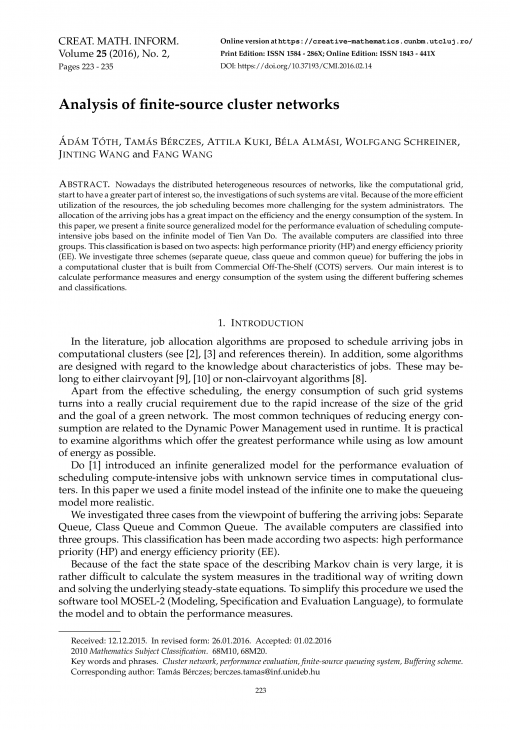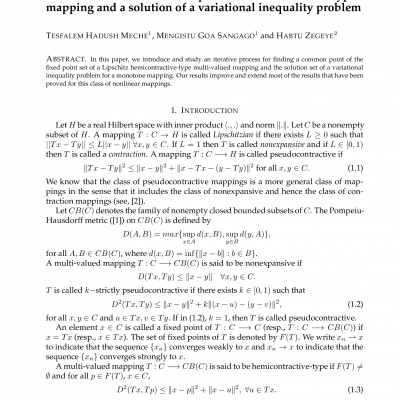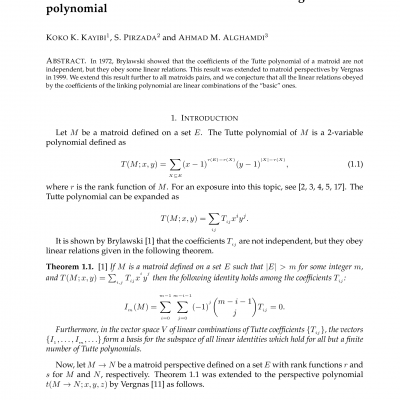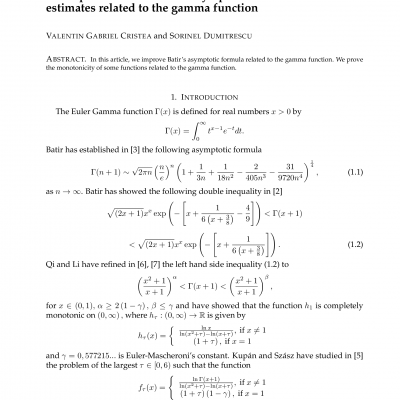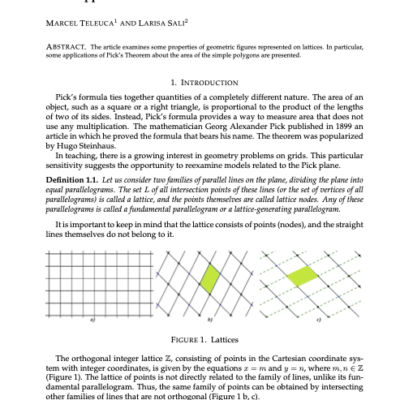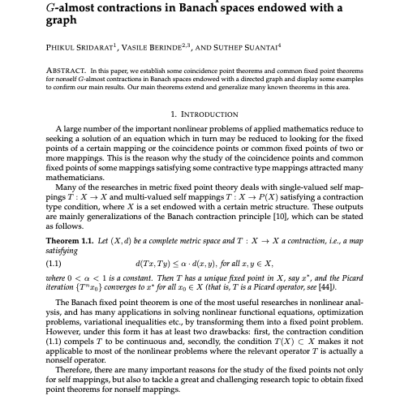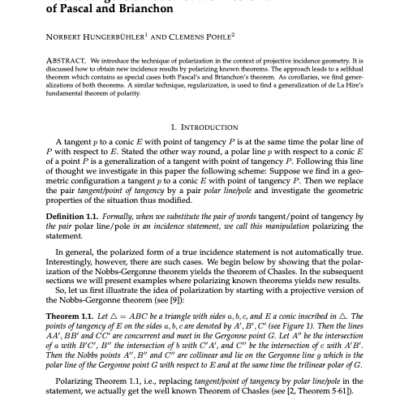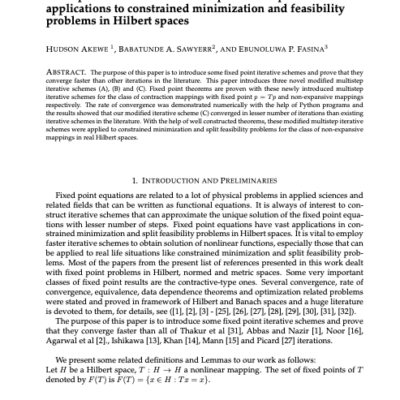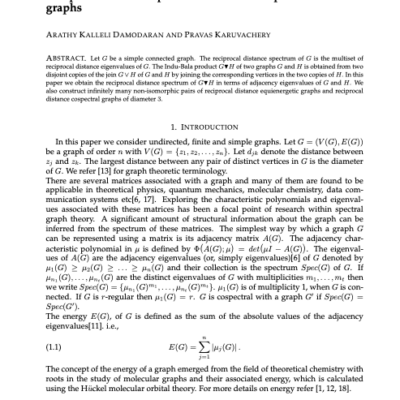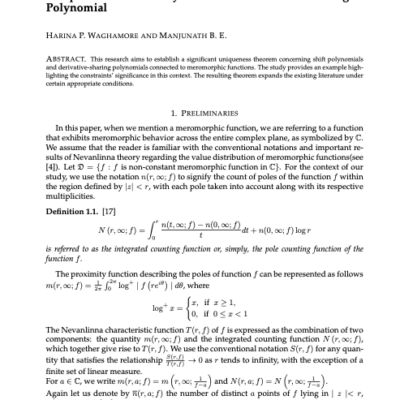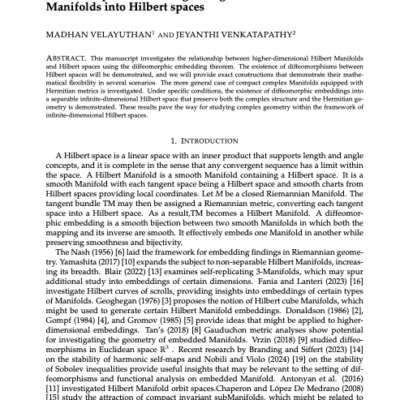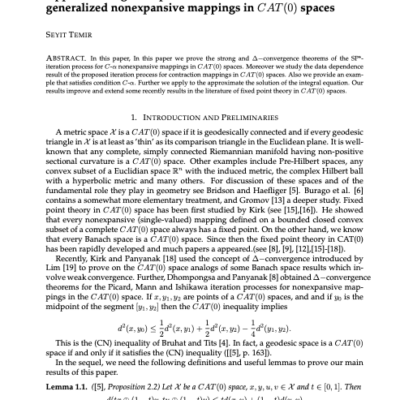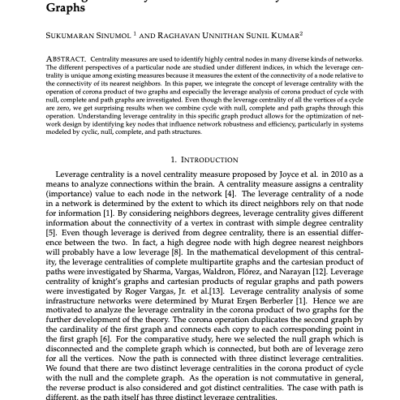Nowadays the distributed heterogeneous resources of networks, like the computational grid, start to have a greater part of interest so, the investigations of such systems are vital. Because of the more efficient utilisation of the resources, the job scheduling becomes more challenging for the system administrators. The allocation of the arriving jobs has a great impact on the efficiency and the energy consumption of the system. In this paper, we present a finite source generalized model for the performance evaluation of scheduling compute-intensive jobs based on the infinite model of Tien Van Do. The available computers are classified into three groups. This classification is based on two aspects: high performance priority (HP) and energy efficiency priority (EE). We investigate three schemes (separate queue, class queue and common queue) for buffering the jobs in a computational cluster that is built from Commercial Off-The-Shelf (COTS) servers. Our main interest is to calculate performance measures and energy consumption of the system using the different buffering schemes and classifications.

